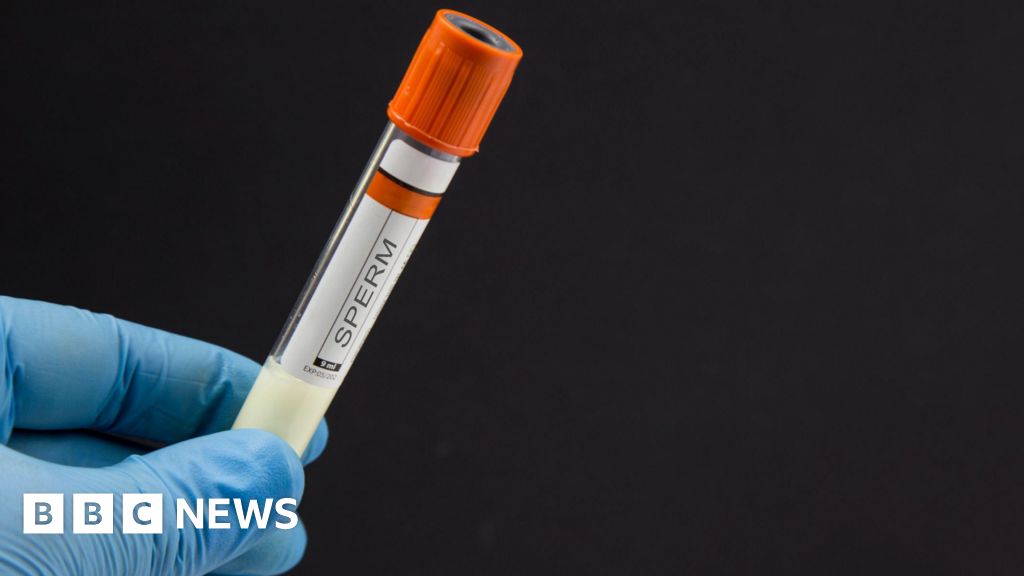Australia’s Queensland state has ordered the removal of frozen sperm after an audit by its health regulator found nearly half of fertility samples were at risk of misidentification.
Such confusion could deprive parents and donor children of critical genetic information and medical records, which advocates say creates the risk of accidental incest.
Queensland has one of the largest IVF industries in the country, but it self-regulates and has come under scrutiny as some of its biggest providers face allegations of misconduct.
The cleanup is exacerbating a national shortage of donated sperm caused by high demand, tighter regulations and pandemic-related disruptions.
One in six Australian couples face difficulties starting a family, with many increasingly reliant on donors to conceive, government data shows.
Queensland’s health ombudsman this week launched an investigation into the multi-million dollar industry, finding there were “systemic issues” involving “quality and safety” and the “safeguarding of consumers, donors and donor-born children”. .
The report detailed that 42 per cent of sperm donations, egg samples and embryos in Queensland had “identification and traceability” issues, meaning clinics lost samples or mislabeled them, or allowed them to deteriorate below laboratory standards.
It also aired accusations from patients who accused IVF providers of failing to disclose donors’ medical conditions, misidentifying eggs and embryos and mixing up sperm – which one family said resulted in the children they raised being from different biological mothers. Father.
The agency recommends that all fertility providers destroy stored donation materials that do not meet current identification standards.
“The impact on consumers and donor-conceived children… cannot be underestimated,” the report concluded, adding that fertility service providers “should provide appropriate counseling.”
It’s unclear how many sperm samples will be destroyed, but the ombudsman considers “thousands” of sperm samples frozen before 2020 to be “high risk” because they “did not comply with double witnessing” – two IVF professionals examine The practice of patient material has been banned.
Anastasia Gunn – a mother suing a Queensland fertility provider over allegations he gave her the wrong sperm in 2014 – told Guardian Australia she “Shocked” [but] We are not surprised by the Ombudsman’s findings”.
“It’s scary to think about how many patients may have unknowingly conceived with the wrong sperm.
“Why don’t clinics double-check when making humans? The effects of these mistakes will last for generations,” she added.

